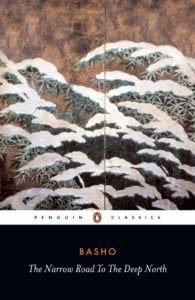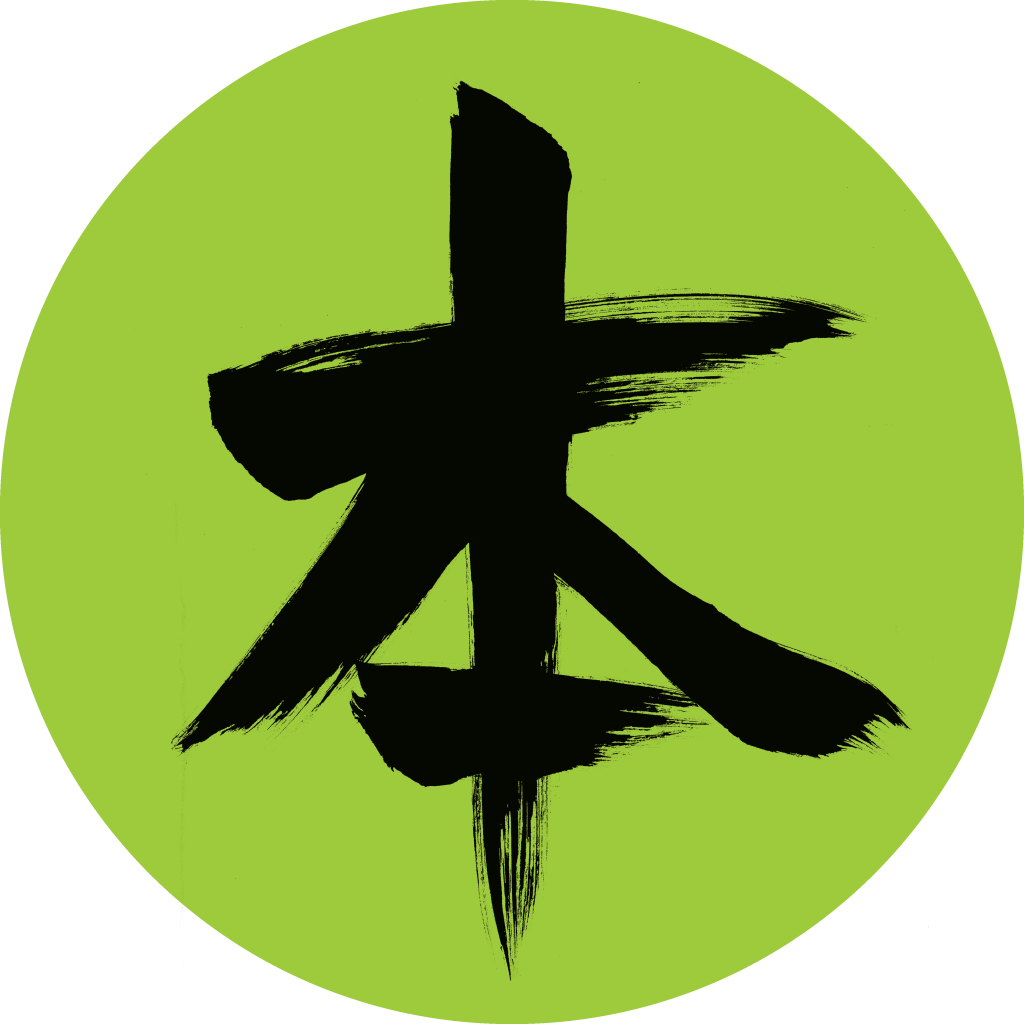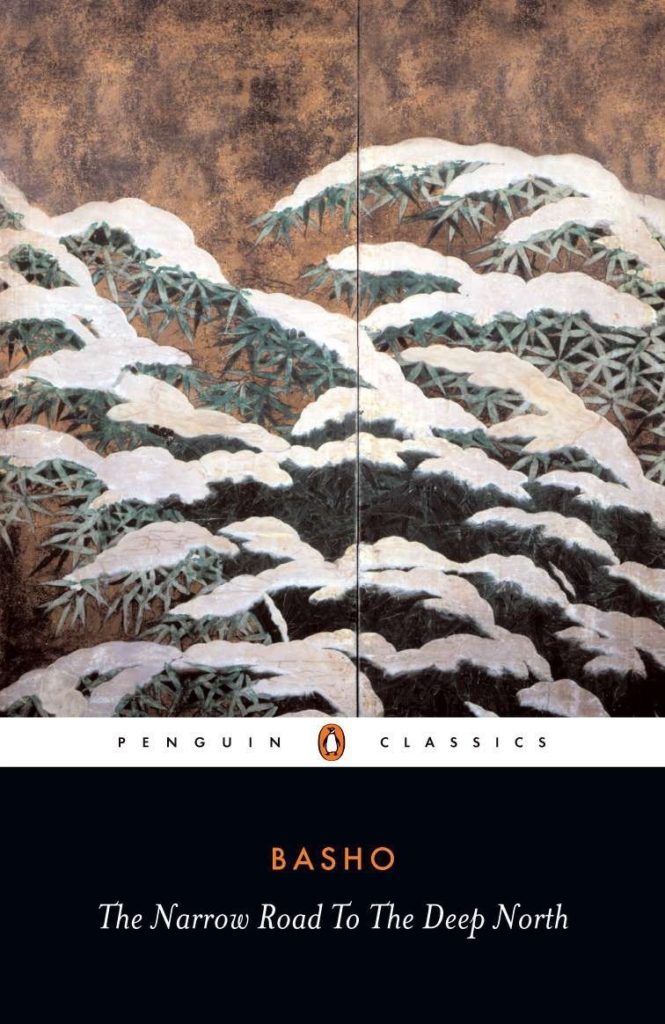
Perhaps the best-known travel classic on Japan, this is haiku poet Matsuo Basho’s account wandering Japan in the 1600’s.
About the Author:
Matsuo Basho (1644-94) was the greatest of the Japanese haiku poets. The vitality and flexibility his genius gave to the strict 17-syllable form brought haiku to a level of immaculate perfection.
In later life Basho turned to Zen Buddhism and the travel sketches in this volume reflect his attempts to cast off earthly attachments and reach out to spiritual fulfillment. The sketches are written in the haibun style—a linking of verse and prose. The title piece, in particular, reveals Basho striving to discover a vision of eternity in the transient world around him and is his personal evocation of the mysteries of the universe.
Basho was born in Iga-ueno near Kyoto in 1644. He spent his youth as companion to the son of the local lord, and with him he studied the writing of seventeen-syllable verse. In 1667 he moved to Edo (now Tokyo) where he continued to write verse. He eventually became a recluse, living on the outskirts of Edo in a hut. When he traveled he relied entirely on the hospitality of temples and fellow-poets. In his writings he was strongly influenced by the Zen sect of Buddhism.

